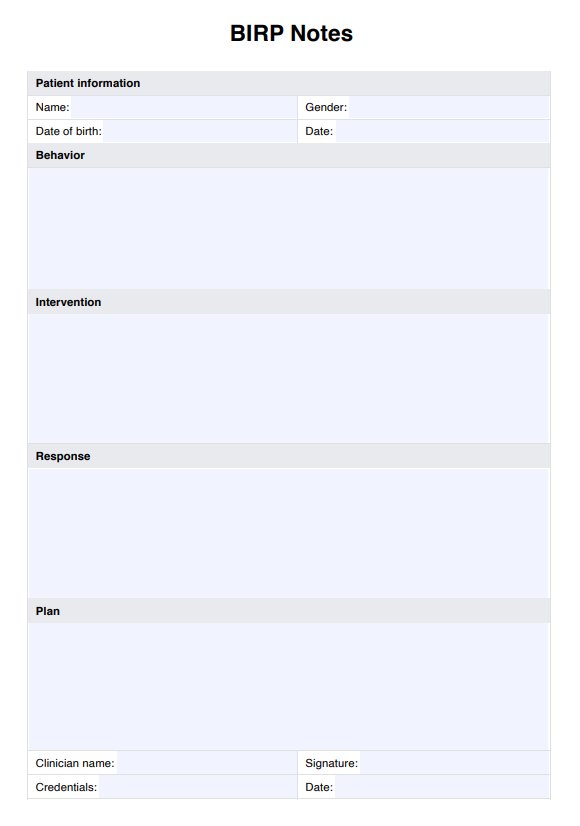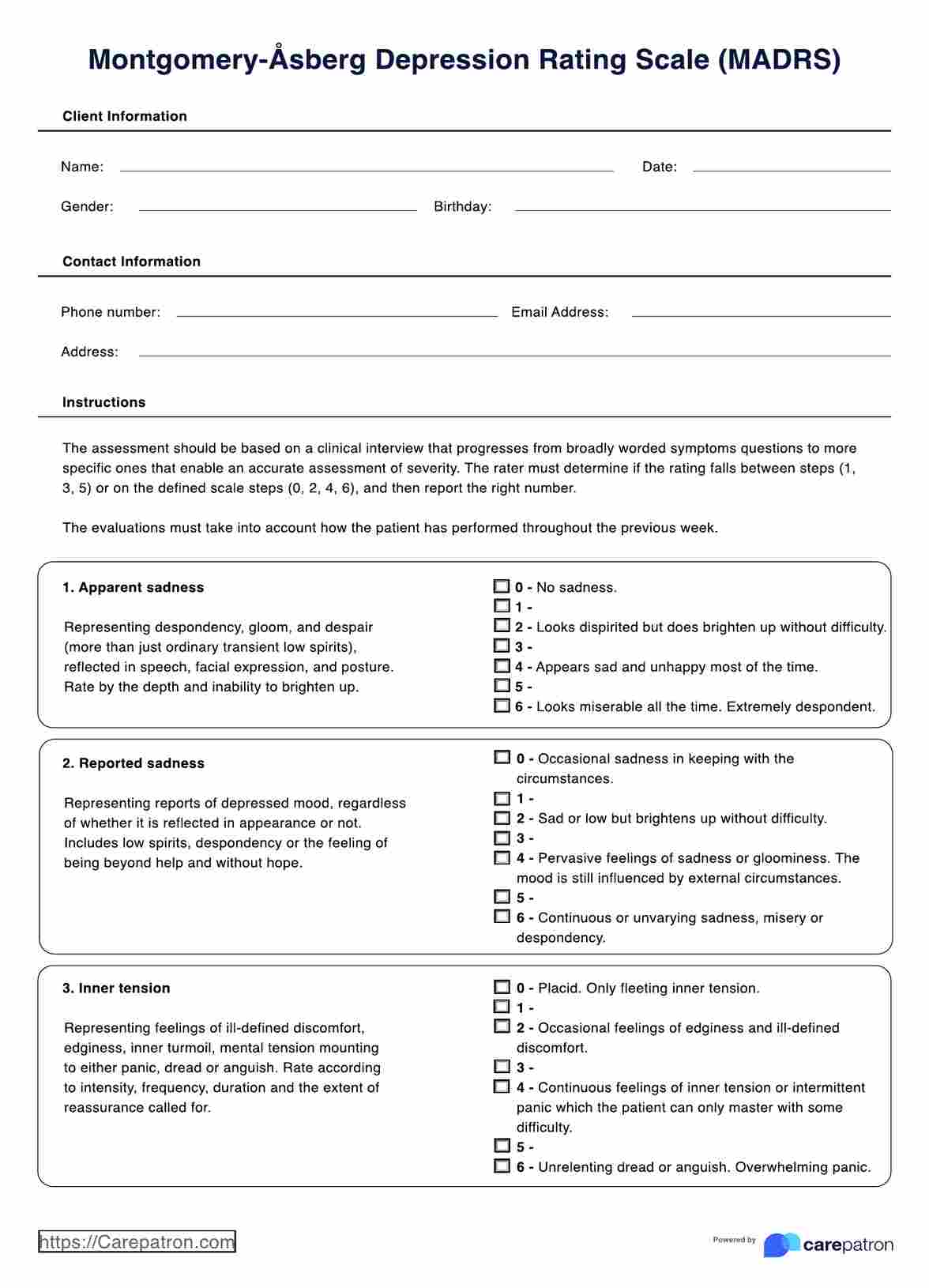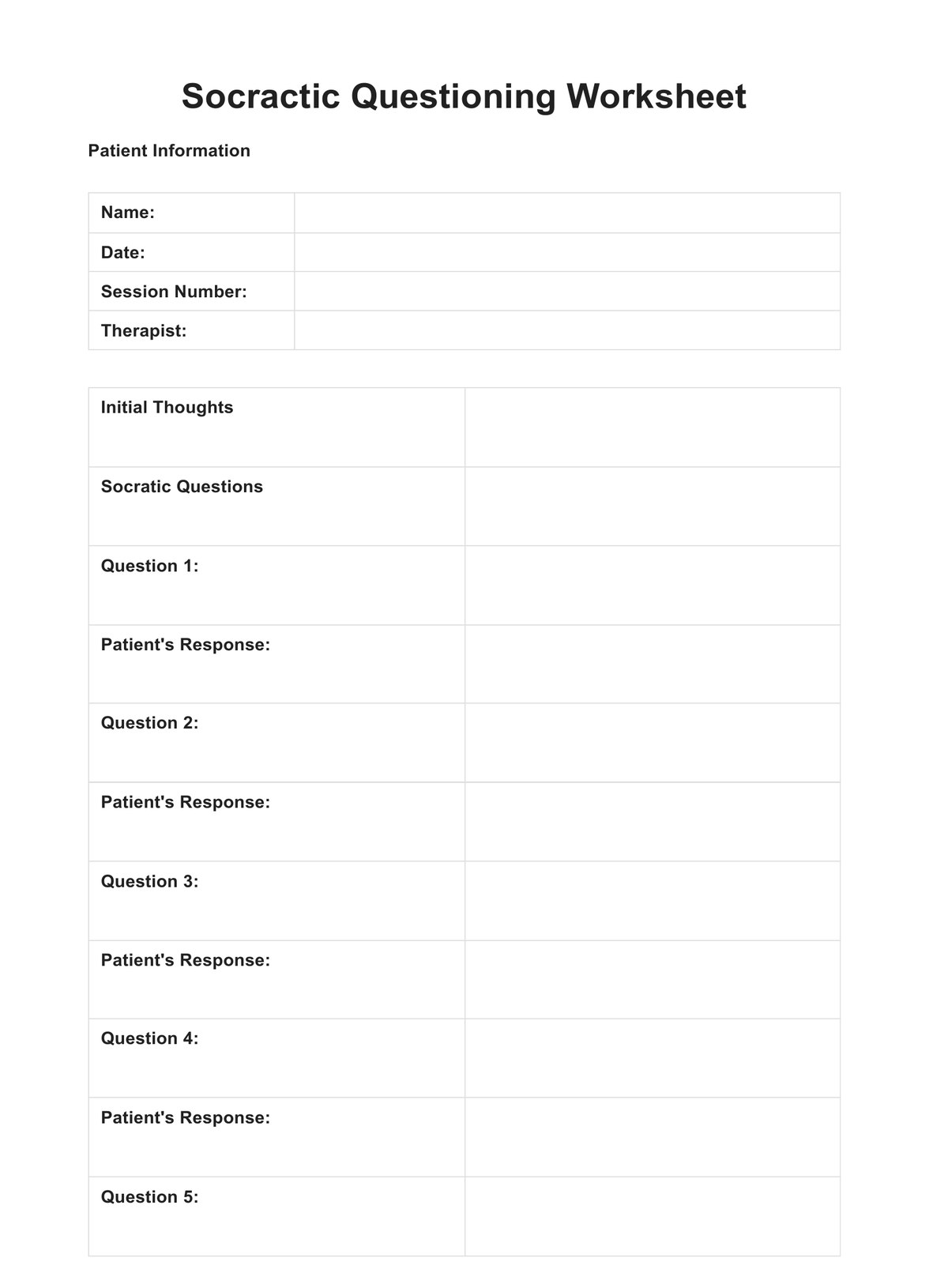ESA letter landlord
Create an ESA letter for your client’s landlord to support their recovery. Use our template to ensure a smooth process and provide the care they need.


ESA laws and housing rights
Understanding the laws surrounding emotional support animals (ESAs) informally is essential for safeguarding the housing rights of individuals who rely on these animals for emotional and mental support. Key laws and provisions in the United States, particularly relevant to housing and ESAs, include the Fair Housing Act (FHA) and specific state regulations, such as those in Florida.
The FHA is a federal law that prevents housing discrimination against individuals with disabilities such as physical or mental impairment, including those requiring ESAs. Under the FHA, landlords and housing providers must make reasonable accommodations for tenants with ESAs. This means that individuals with valid ESA letters from licensed mental health professionals can live with their ESAs in most housing types without facing housing discrimination or additional fees, even in non-pet housing.
Additionally, the FHA mandates landlords not to impose size, breed, and weight restrictions on ESAs or demand pet deposits or fees. However, tenants or emotional support animal owners are responsible for any damage caused by their ESA.
Landlords can request documentation (an ESA letter) but cannot require detailed medical records or a diagnosis. If the need for an ESA is not readily apparent, the landlord may ask for documentation from a healthcare provider confirming the mental or emotional disability and the need for the ESA.
ESA letter landlord Template
ESA letter landlord Example
What is an emotional support animal (ESA) letter?
An emotional support animal (ESA) letter is essential for individuals who rely on their ESAs for emotional and mental support. This letter, issued by a licensed mental health professional, confirms the need for an ESA as part of the individual's treatment. The emotional support animal letter protects housing rights under various federal and state laws.
The letter typically states the individual's mental or emotional disability and affirms that the ESA is essential for their well-being and recovery. Under laws like the Fair Housing Act, individuals with valid ESA Letters are entitled to reasonable accommodation in housing situations, even in properties that generally do not allow pets. This means landlords must make exceptions to their pet policies to accommodate ESAs.
When an individual wants to get an ESA letter, it requires having a verifiable mental or emotional disability and demonstrating that the ESA is necessary for treatment. The process typically involves a consultation with a mental health professional. It's important to understand that the ESA letter supports mental health, not bypassing pet restrictions. Misrepresenting a pet as an ESA can have legal consequences and harm the legitimacy of ESAs for those in need.
How does this ESA Letter Landlord work?
This ESA letter for the landlord can be used to support patients who need an ESA as part of their treatment plan. Follow these simple steps to complete the template:
Step 1: Open the template
The first step is to open the ESA Letter Landlord template. Click the "Use template" button on this page, and the template should open within the Carepatron app, which will let you customize it before filling it out and printing it. Click the "Download" button to get a ready-to-use PDF file.
Step 2: Complete patient details
Encode your patient's information, such as their full name, the date you started treating them, and their diagnosed condition. Ensure the details are accurate and reflect the patient’s health status.
Step 3: Provide information about the disability and the need for an ESA
Describe the patient's disability and how it impacts their daily life. Explain why the emotional support animal is necessary for their treatment and how it will assist them in managing their condition.
Step 4: Review and send the letter
Carefully review the completed letter to ensure all details are correct and clear. Once satisfied, print or email the letter to the landlord or housing authority or provide it directly to the patient for submission.
Different mental health conditions that ESAs can help with
Emotional support animals can be integral to the treatment of various mental and emotional disabilities. These animals provide comfort, support, and a sense of security, helping to alleviate symptoms associated with these conditions. Below are some mental health conditions where ESAs can be particularly beneficial, and if you have been diagnosed with any of these, you may qualify for an ESA:
Anxiety disorders
For individuals suffering from anxiety disorders, ESAs can provide a sense of calm and security. The presence of an ESA can help reduce feelings of anxiety, especially in situations that trigger stress or panic. ESAs offer a comforting presence that can help mitigate episodes of intense anxiety, making day-to-day life more manageable.
Depression
ESAs can play a crucial role in alleviating symptoms of depression. Their companionship can combat feelings of loneliness and isolation, which are common in depression. The routine and responsibility of caring for an animal can also provide a sense of purpose and motivation, which can be particularly helpful for individuals struggling with depressive symptoms.
Post-traumatic stress disorder (PTSD)
For those battling PTSD, ESAs can offer a sense of safety and comfort. They can help ground individuals in moments of distress, providing a distraction from flashbacks or intrusive thoughts. The consistent presence of an ESA can be a source of stability and reassurance for those coping with the aftermath of traumatic experiences.
Obsessive-compulsive disorder (OCD)
Individuals with OCD can benefit from the presence of an ESA as a means of interruption and distraction from compulsive behaviors or obsessive thoughts. ESAs can help provide a sense of normalcy and routine, which can be grounding for someone with OCD.
Phobias and fears
ESAs can also be beneficial for individuals with specific phobias or fears. Their presence can distract from the phobia and help build confidence in facing challenging situations.
Bipolar disorder
In bipolar disorder, an ESA can provide stability and consistency during mood swings. The animal's presence can offer comfort during depressive episodes and help ground the individual during manic phases.
Social anxiety disorder
For those with social anxiety, an ESA can act as a social lubricant, easing the discomfort of social interactions. It can also provide a conversation starter and help reduce the perceived pressure in social settings.
Autism spectrum disorders
ESAs can help individuals with autism develop social skills and provide sensory support. Their nonjudgmental companionship can be comforting and help manage sensory overload or emotional distress.
These are just a few examples of how ESAs can be vital in managing and supporting people with emotional or mental disability. Their nonjudgmental, unconditional love can be a powerful tool in the journey to mental well-being.
Commonly asked questions
You do not have to pay pet rent for an emotional support animal. Under the Fair Housing Act, landlords must accommodate and accept emotional support animals and cannot charge them pet fees or rent.
No, ESAs do not require special training to live in your apartment or rental house. ESAs provide support through their presence, not through specific trained tasks like service animals.
Your landlord can request an ESA letter from a licensed mental health professional. Still, they cannot require you to register your ESA or provide proof of registration, as there is no official registry for ESAs.
A service dog is not considered an emotional support animal (ESA). While both provide support, a service dog is specifically trained to perform tasks for individuals with disabilities. In contrast, an emotional support dog provides comfort but is not trained for specific tasks.


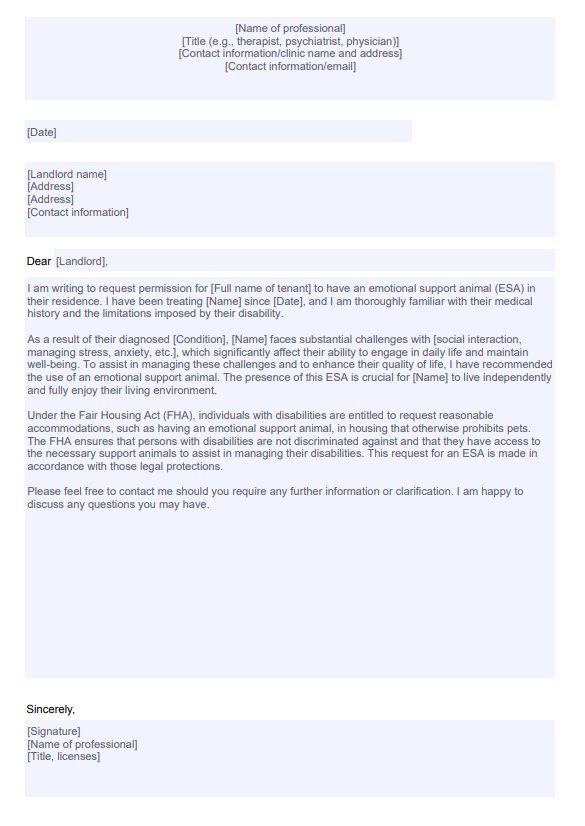
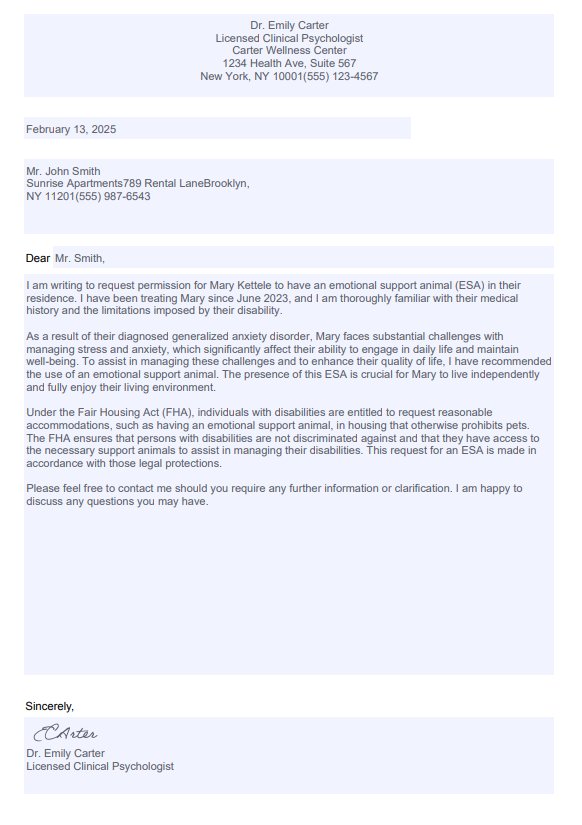

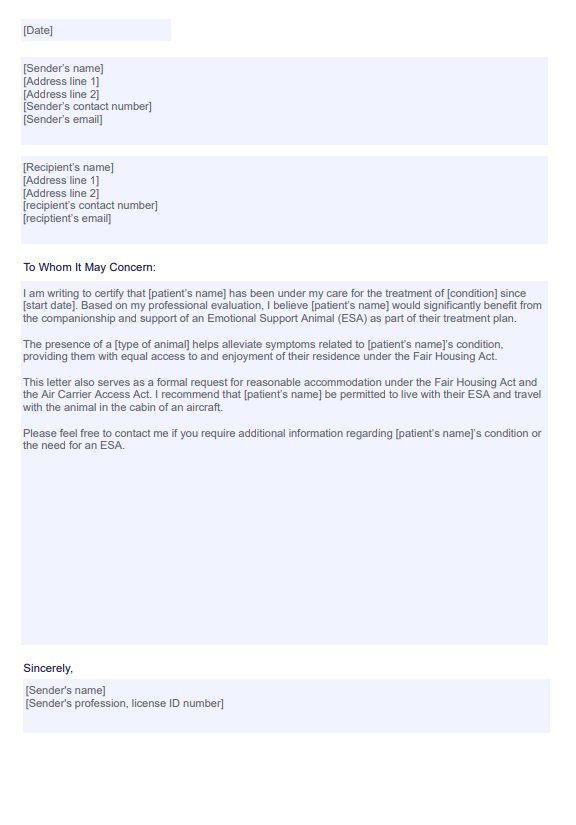



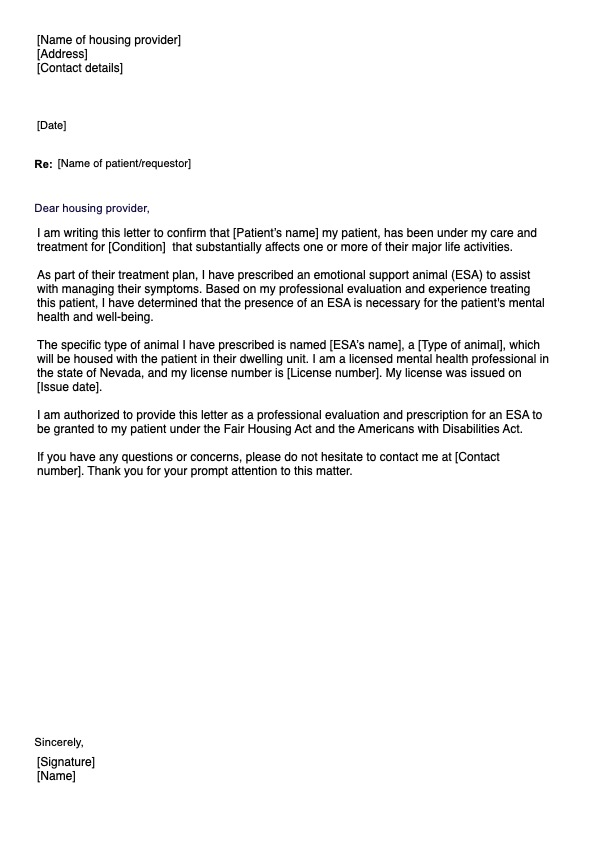
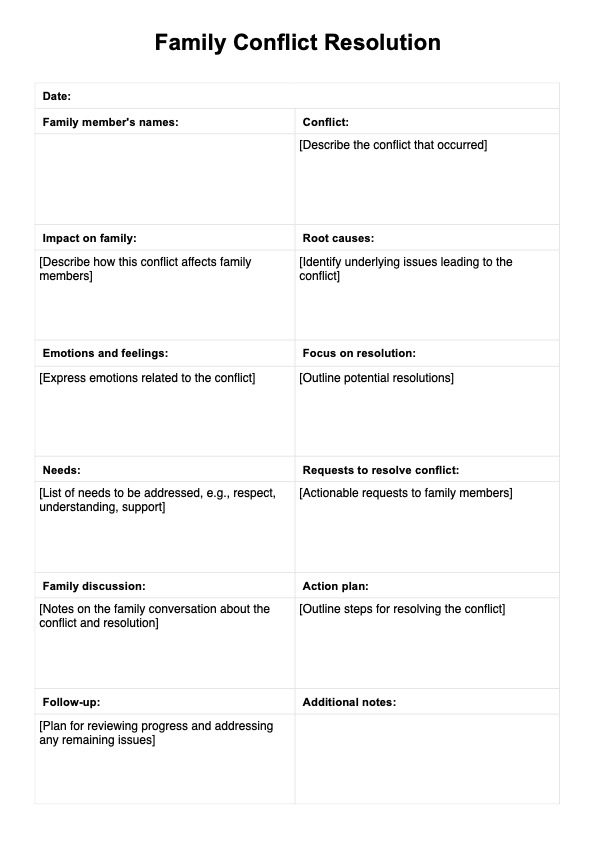















-template.jpg)



















































































